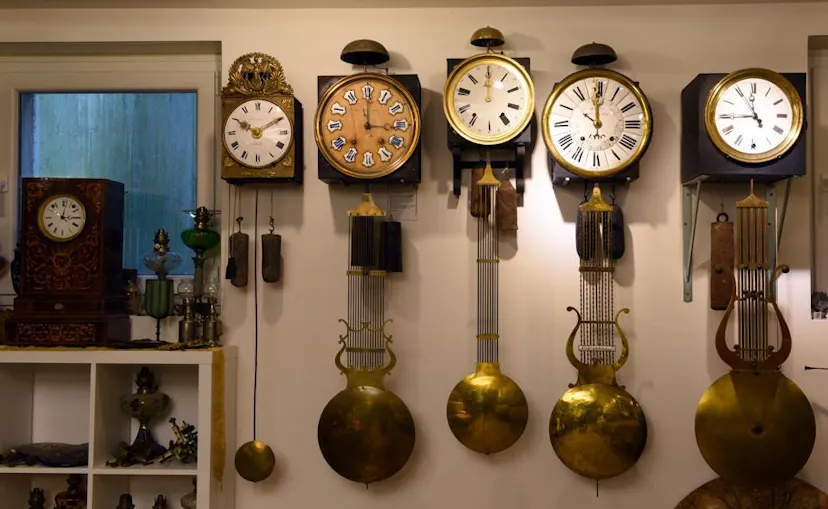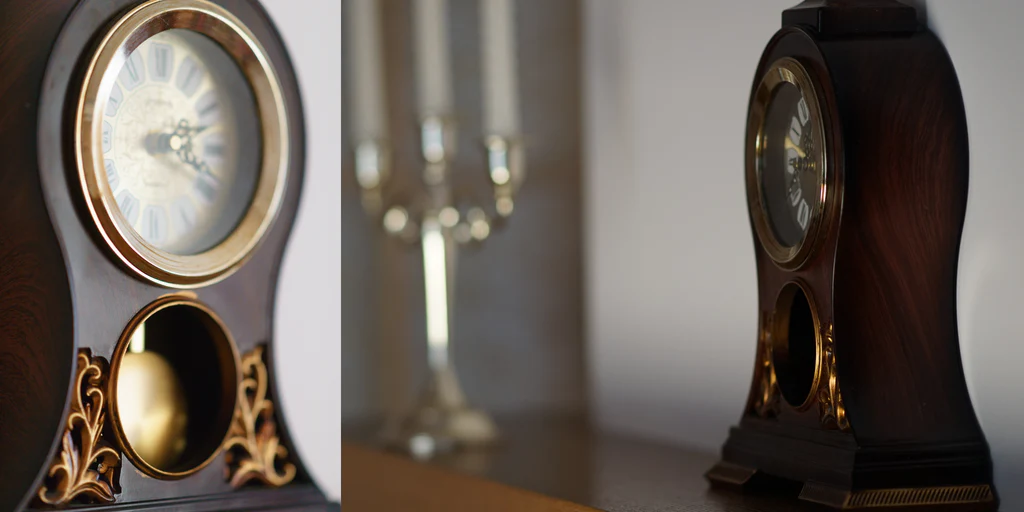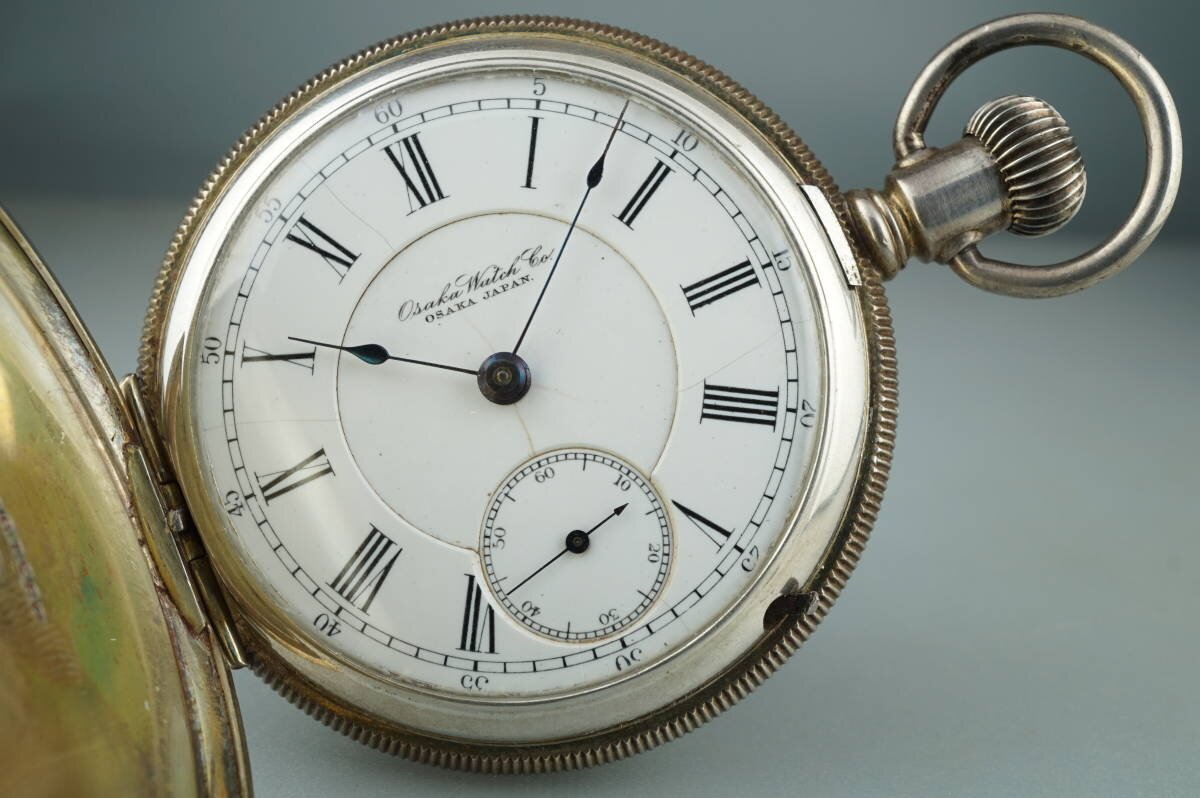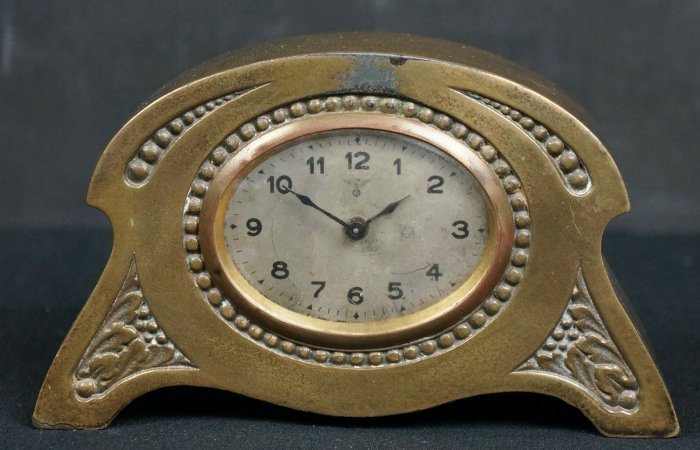The Quartz Revolution
The introduction of quartz clocks by Japanese manufacturers revolutionized the global timekeeping industry, particularly in the United States. In 1969, Seiko unveiled the world’s first quartz clock, the Seiko Astron, which offered unprecedented accuracy and reliability compared to mechanical clocks. This breakthrough eliminated the need for regular winding and drastically reduced time drift.
Before quartz technology, mechanical clocks dominated the American market. These traditional timepieces, while crafted with care, were more prone to inaccuracies and required frequent maintenance. The affordability and precision of quartz clocks quickly attracted American consumers, pushing mechanical clocks into a niche market reserved for collectors and enthusiasts. By the 1970s and 1980s, Japanese quartz clocks had become household staples in the U.S., cementing Japan’s place as a leader in horological innovation.
Japanese Brands in American Homes
Seiko, Citizen, and Rhythm are three Japanese clock brands that have made significant inroads into American homes. These companies established a strong reputation for producing reliable, aesthetically pleasing clocks at affordable prices. Their timepieces came in various forms, from wall clocks to alarm clocks, catering to diverse consumer needs.
Seiko’s quartz technology played a key role in building this reputation, while Citizen and Rhythm excelled in design and functionality. Citizen wall clocks, for example, became popular in offices and homes for their clean designs and long-lasting mechanisms. Rhythm Melody Clocks brought a playful, innovative touch to the American market by incorporating musical elements, adding charm to functional timepieces.
The success of these brands in the U.S. also highlighted a growing preference for products that combined simplicity, reliability, and innovation — qualities that American consumers came to associate with Japanese clocks.
Aesthetic Influence
Japanese clocks are known for their minimalist and functional designs, which have resonated deeply with American consumers. The design philosophy behind many Japanese clocks is rooted in wabi-sabi, a concept that embraces simplicity, imperfection, and transience. These clocks often feature clean lines, neutral colors, and subtle embellishments, making them ideal for modern and contemporary interiors.
The aesthetic appeal of Japanese clocks also had a lasting influence on American interior design trends. As the minimalist movement gained traction in the U.S. during the late 20th century, Japanese clocks fit seamlessly into this aesthetic shift. Seiko and Citizen, in particular, produced clocks that emphasized function without sacrificing style, aligning with the minimalist design movement that values simplicity and utility.
Technological Advancements and Precision
Japan’s dedication to precision has always been a defining feature of its horological advancements. The influence of Japanese technology on American timekeeping goes beyond quartz clocks, extending to atomic clocks and other high-precision timekeeping devices.
The Japanese government’s commitment to supporting research and development in clock technology further strengthened the country’s global leadership in timekeeping innovation. For example, Japan’s development of radio-controlled clocks, which sync with atomic time signals, further enhanced the accuracy and convenience of clocks available in the American market.
This focus on technological advancement influenced American clockmakers to adopt similar precision-based methods. The desire for exact timekeeping became more pronounced as industries like telecommunications, computing, and space exploration demanded ever more accurate clocks, many of which relied on innovations first pioneered in Japan.

Shifting Consumer Preferences
As Japanese clocks gained popularity, they began to shape consumer expectations in the U.S. Reliability, accuracy, and low maintenance became key factors that Americans prioritized when purchasing clocks. Japanese timepieces, with their reputation for precision and durability, led many Americans to reconsider their loyalty to traditional American clock brands.
Moreover, the affordability of Japanese clocks allowed more Americans to purchase reliable, well-designed timepieces without breaking the bank. This democratization of high-quality clocks shifted the focus from luxury or ornamental clocks to practical, everyday timekeeping devices.
The Legacy of Japanese Clocks in America
The impact of Japanese clocks on American timekeeping remains profound, with brands like Seiko and Citizen continuing to dominate the market for both watches and clocks. Japanese innovation in quartz technology set the standard for accuracy that modern timepieces are still measured against today. Additionally, Japanese aesthetics and design have had a lasting effect on the types of clocks found in American homes and offices, contributing to the popularity of minimalist designs.
Japanese clockmakers also encouraged American manufacturers to prioritize technological advancements in their own designs. By focusing on innovation and functionality, Japanese clocks continue to inspire developments in the American horological industry, with many companies seeking to replicate their success.
Conclusion
Japanese clocks have left an indelible mark on American timekeeping, from the quartz revolution to the rise of minimalist design trends. Their blend of precision, innovation, and simplicity reshaped consumer expectations and influenced the global clockmaking industry. As a result, Japanese clocks continue to be revered in America for their craftsmanship, reliability, and aesthetic appeal, ensuring their legacy in American homes and industries for years to come.





Die Mindesteinzahlung liegt in diesem Casino generell bei 10 €.
Dafür gibt es zum Beispiel zwei feste Reload-Boni, die wöchentlich wiederkehren. Um den Casino Bonus zu erhalten, ist eine Einzahlung von mindestens
20 € erforderlich. Melden Sie sich für
den Newsletter an und Sie erhalten alle Informationen zu Bonusangeboten und die benötigten Bonuscodes
per email. Anschließend erhalten Sie eine E-Mail mit Instruktionen, wie Sie Ihr Passwort für das Casino zurücksetzen können.
Der Willkommensbonus ist definitiv einer der Gründe, warum sich viele
Spieler hier anmelden. Besonders der Willkommensbonus und die regelmäßigen Promotionen werden oft positiv erwähnt.
Keine ruckelnden Bilder, keine Verzögerungen – alles läuft superflüssig,
egal ob du vom Desktop oder mobil spielst. Dann schnapp dir einen Platz bei Lightning Roulette oder fordere dein Glück
bei Dream Catcher heraus, einem spannenden Glücksradspiel.
References:
https://online-spielhallen.de/fresh-casino-cashback-dein-weg-zu-mehr-spielguthaben/
Your entertainment matters to us, and we take time to ensure that
it’s better than ever! We won’t give you any options that come with a “not available in your region” nonsense.
The most important part of reviewing and listing any provider with live content is following a set of criteria that we developed over the years.
We believe that the following operators offer superb
conditions to gamble with live dealers and make transactions without extra hassles.
However, not one of them is the same, as each provider has the discretion for game availability, promotions, payment methods, and all that jazz.
Check out our complete list of offers right below, and don’t forget to read individual reviews.
Find banking methods that will give you an easy time, and always check for bonuses before you register or make
deposits. Use this as a guide to pinpoint the fastest payout online casino Australia and check out our reviews before registering and making deposits.
All gambling platforms, including your favourite fast withdrawal casino, have restrictions on how punters can deposit
and withdraw money on their sites. The online casinos listed on this page are not licensed or regulated
in Australia.
Jared Goff converts three times on third down from nine-plus yards from the line to gain,
including a 28-yard completion to Isaac TeSlaa. Minnesota has 36 total yards of offense.
But Will Reichard kicks a 56-yard field goal for the Vikings to go up by six as the fourth quarter approaches.
The Lions’ playoff dreams go out with a whimper as Detroit
turns the ball over six times in a dreadful performance against Minnesota.
Campbell’s performance has been better, but Detroit will likely be looking for
a new offensive coordinator for the second time in as many offseasons.
Detroit turned the ball over six times, rushed for under 2.5 yards per carry,
and Jared Goff was sacked five times. The Detroit Lions’ playoff hopes
died on Christmas in one of the worst offensive showings in recent memory.
The Lions will end the season on the road in Chicago,
where the Bears may be playing for the division title, or may be resting their
starters to prepare for the playoffs. Meanwhile, the Bears are on the brink of winning
the division, while the Lions loss clinches a playoff
spot for the Packers.
The initial campus was on a 30-acre (12 ha) lot
with six buildings, and was able to accommodate 800 employees but eventually grew to 1,400 by 1988.
Building 92 on the campus contains a visitor center (with interactive exhibits) and store that are open to
the public. Microsoft initially moved onto the grounds of the campus on February 26, 1986,
weeks before the company went public on March 13. The Microsoft campus is the informal name of Microsoft’s corporate headquarters, located
at One Microsoft Way in Redmond, Washington. Proximity to sports fields and walking trails further
encourage workers to engage in physical activity.
References:
https://blackcoin.co/get-into-the-world-of-bk9-casino-online-game-bk9aud-net/
online pokies paypal
References:
https://cpc.managementdu.ac.bd/employer/best-paypal-casinos-2025-best-casinos-accepting-paypal/
online casino usa paypal
References:
cercalavoro.com
Simply wanna remark on few general things, The website design is perfect, the content material is real superb : D.